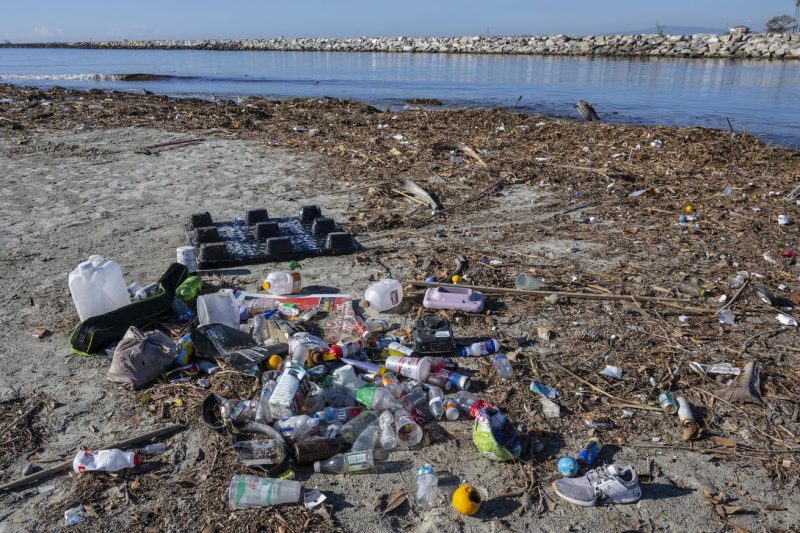ExxonMobil Accused of Deceiving the Public with Plastic Recycling Claims
The environmental impact of single-use plastics has become a major concern in recent years, prompting governments, businesses, and consumers to seek more sustainable alternatives. Recycling has been promoted as a key solution to this problem, with many companies, including ExxonMobil, touting their efforts to support plastic recycling initiatives. However, a recent lawsuit has accused ExxonMobil of deceptive practices in its promotion of plastic recycling.
The lawsuit, filed by environmental groups, alleges that ExxonMobil has engaged in misleading advertising and greenwashing by exaggerating the extent of its investments in plastic recycling and downplaying the negative environmental consequences of its plastic production. The plaintiffs claim that ExxonMobil has misled the public into believing that their plastic products are more environmentally friendly than they actually are.
ExxonMobil has defended its practices, stating that they are committed to sustainability and have invested significant resources in plastic recycling technologies. However, the plaintiffs argue that the company’s actions have not aligned with their public statements. They point to evidence that ExxonMobil has actively lobbied against legislation that would hold the company accountable for the environmental impact of its plastic products.
The lawsuit raises important questions about corporate responsibility and transparency in the plastics industry. As public awareness of plastic pollution grows, consumers are increasingly looking for companies to take meaningful action to reduce their environmental footprint. However, cases like the one against ExxonMobil demonstrate the challenges of holding large corporations accountable for their environmental impact.
The outcome of this lawsuit could have far-reaching implications for the plastics industry and environmental advocacy efforts. If the allegations against ExxonMobil are proven, it could lead to greater scrutiny of other companies’ claims about their sustainability practices. It could also spur regulatory action to hold companies accountable for the full lifecycle of their products, from production to disposal.
In the meantime, consumers can play a role in promoting sustainability by making informed choices about the products they purchase. By supporting companies that prioritize environmental responsibility and transparency, consumers can send a powerful message that sustainability is a priority. Ultimately, the outcome of this lawsuit will test the willingness of companies like ExxonMobil to live up to their promises of environmental stewardship.
